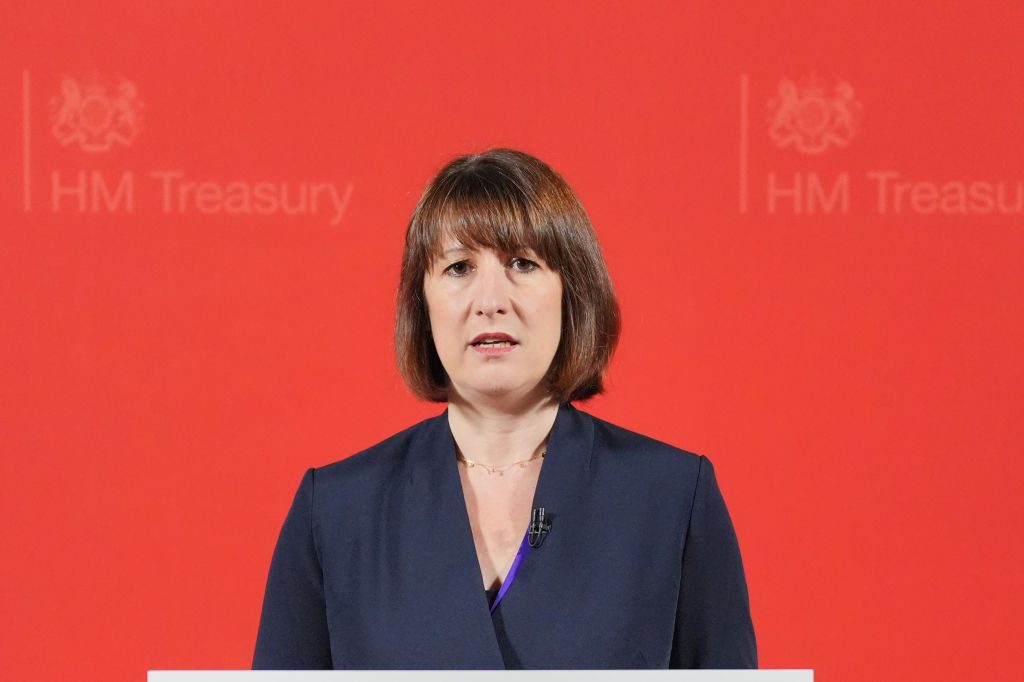The OECD has warned that the UK is set to record the highest inflation in the G7. That should ring alarm bells. In the past, inflation brought the Treasury some hidden benefits, but today it poses much more of a problem. Instead of filling the government’s coffers, it is draining them.
There was a time when higher inflation worked in the Treasury’s favour. Rising prices meant higher VAT receipts and more taxpayers being pushed into higher bands, boosting revenues. Inflation also eroded the value of debt: economists estimate that between a quarter and a third of Britain’s huge post-war debt effectively disappeared this way. By keeping interest rates below the rate of inflation — while banks and pension funds were obliged to buy government debt — the Treasury could steadily reduce its real burden. The drawback was pressure for higher public sector pay and welfare spending, but as long as these were contained, inflation delivered more money than it cost.
But the government’s old inflation trick doesn’t seem to be paying off like it used to. The fiscal watchdog, the OBR, had expected tax revenues to jump by just over 8% this year. In reality, they’re only up about 6%. That difference might sound small, but it already leaves the Treasury £7.7 billion short of where it thought it would be. If the trend continues, the hole could widen to more than £21 billion by the end of the year — money the government was counting on, which has now gone missing.
The biggest shortfall comes from VAT, which is bringing in almost £7 billion less than expected. In fact, VAT revenues are essentially flat, which is surprising, given that inflation is running higher than forecast.
Poor debt management has also left the UK far more vulnerable to inflation than other G7 nations. Almost a quarter of government debt is tied directly to inflation, compared with less than 8% in the US. That choice has been costly, with a Times analysis showing that it added £62.8 billion to interest payments in just two years.
Unfortunately, Britain does not appear to be any closer to solving the problem. Policies like the pension triple-lock mean that higher costs are baked in just at the time when revenue is being squeezed and debt costs are higher. This means that the Treasury is now getting all the negatives of higher inflation with little of the upside. So, where Gordon Brown would have rubbed his hands at the news of slightly higher inflation, Rachel Reeves will be sweating.
The obvious response at the Budget will be to try and do something to help households through this period of inflation. There are rumours that the Chancellor could reduce VAT on energy bills from 5% to zero, saving households on average £86 each. That might be smart politics, but it’s poor economics.
Since 1979, the pound has lost more than 30% of its value against the dollar, the currency of global trade. That decline makes everything we import — energy, food, clothes — more expensive. Because Britain depends so heavily on imports, our weak currency is driving higher inflation than in many other rich countries. Handing out a bit of extra cash won’t solve the problem, because foreign suppliers will simply raise their prices as the pound keeps shrinking in real value.
The only way to really tackle inflation is to boost domestic production, growing more of our own food, producing more of our own energy and, crucially, selling more of what the rest of the world wants. Rebalancing our trade will increase the value of the pound, reduce the cost of our imports, and provide real relief to households.
This obviously cannot happen overnight, which leaves the Chancellor in a difficult position. But ultimately the choice is between a bold economic rebalancing or death by a thousand price rises. Every day we delay and waste money on alleviating the symptoms of inflation, the harsher the reckoning will be.

